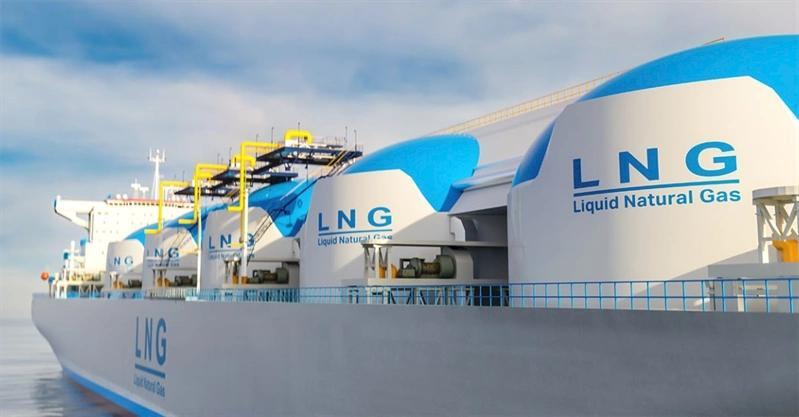
DFPCL, Petronet LNG Sign ₹1,200 Cr Deal for 5-Year Supply
In a significant development in the Indian energy sector, Deepak Fertilizers & Petrochemicals Corp Ltd (DFPCL) has signed a 5-year agreement with Petronet LNG Ltd (PLL) worth ₹1,200 crore for the regasification of approximately 25 trillion British thermal units (TBTUs) of liquefied natural gas (LNG) annually. The deal, which includes a 20% additional outlay provision, will ensure a steady supply of LNG to DFPCL’s Taloja facility, thereby strengthening its long-term energy security.
The agreement, which was signed recently, is a major boost for DFPCL, as it will provide the company with a reliable and cost-effective source of energy for its operations. The regasified LNG will be primarily used to fuel DFPCL’s urea production facility at Taloja, which is a critical component of the company’s business.
For PLL, the deal represents a significant opportunity to monetize its LNG regasification infrastructure at the Dahej terminal, which is one of the largest and most efficient in the country. The terminal, which has a capacity of 25 million metric tons per annum, is strategically located near the city of Surat in Gujarat, making it an ideal hub for LNG regasification and distribution.
The ₹1,200 crore deal is a significant milestone in the history of both DFPCL and PLL. For DFPCL, it marks a major step forward in the company’s efforts to ensure long-term energy security and reduce its dependence on expensive and unreliable energy sources. The deal will also enable DFPCL to increase its urea production capacity, which is expected to have a positive impact on the company’s revenue and profitability.
For PLL, the deal represents a significant opportunity to expand its LNG regasification business and increase its revenue. The company has been aggressively pursuing a strategy of expanding its LNG regasification capacity and increasing its market share, and the deal with DFPCL is a major step forward in this direction.
The deal is also significant from the perspective of the Indian energy sector as a whole. India is one of the fastest-growing economies in the world, and its energy demand is growing rapidly. The deal between DFPCL and PLL is a major step forward in the country’s efforts to increase its energy security and reduce its dependence on expensive and unreliable energy sources.
Key Highlights of the Deal
The deal between DFPCL and PLL has several key highlights, including:
- 5-year agreement: The deal is for a period of 5 years, which provides a high degree of certainty and stability for both parties.
- ₹1,200 crore outlay: The deal is worth ₹1,200 crore, which is a significant investment for both parties.
- 25 TBTUs of LNG annually: The deal involves the regasification of approximately 25 TBTUs of LNG annually, which is a significant quantity of energy.
- Dahej terminal: The regasification will take place at the Dahej terminal, which is one of the largest and most efficient in the country.
- 20% additional outlay provision: The deal includes a 20% additional outlay provision, which ensures that both parties have the flexibility to adjust their outlay in response to changes in the market.
Impact on DFPCL’s Business
The deal between DFPCL and PLL is expected to have a significant impact on DFPCL’s business. The company’s urea production facility at Taloja is a critical component of its business, and the deal will provide it with a reliable and cost-effective source of energy. The regasified LNG will enable DFPCL to increase its urea production capacity, which is expected to have a positive impact on the company’s revenue and profitability.
The deal will also enable DFPCL to reduce its dependence on expensive and unreliable energy sources, which will improve its cost structure and increase its competitiveness in the market. Additionally, the deal will provide DFPCL with a high degree of certainty and stability, which will enable the company to make long-term plans and investments with confidence.
Conclusion
The deal between DFPCL and PLL is a significant development in the Indian energy sector. The agreement provides a reliable and cost-effective source of energy for DFPCL’s urea production facility at Taloja, and it marks a major step forward in the company’s efforts to ensure long-term energy security. The deal also represents a significant opportunity for PLL to expand its LNG regasification business and increase its revenue.
Overall, the deal is a win-win for both parties, and it is expected to have a positive impact on the Indian energy sector as a whole. It demonstrates the potential for collaboration and partnership between companies in the energy sector, and it highlights the importance of long-term planning and investment in the industry.






